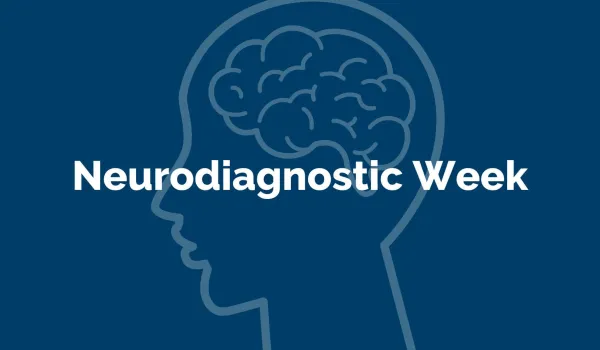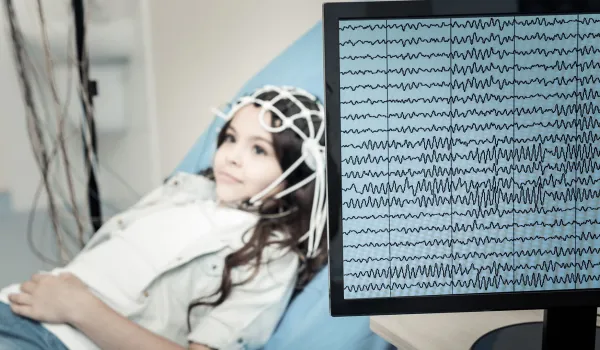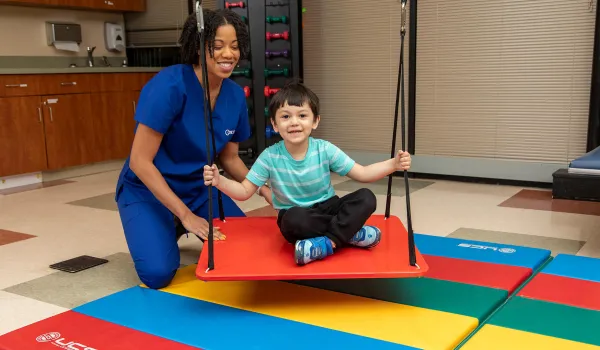Concorde Staff

On February 14, when many people will celebrate their love with candy hearts and kisses, others will gather to celebrate life.
It's National Donor Day! Started in 1998 by the Saturn Corporation and its United Auto Workers partners with the support of the U.S. Department of Health and Human Services (HHS) and many nonprofit health organizations, this day raises awareness for organ, tissue, eye, marrow, platelet and blood donation.
As you might have learned in your classes at Concorde Career College, more than 121,540 patients are on the waiting list to receive a life-saving organ transplant, according to Donor Alliance.
During your health care career, you might have the opportunity to assist in a life-saving procedure. Think about it this way: Just one donor that you assist can have an organ or tissue that can impact 10 or more lives.
Each donor process is different, and there are stipulations depending on what is being donated.
WHAT TYPE OF PART OF THE BODY CAN BE DONATED?
- Organ Donation: The process of giving an organ or a part of an organ for the purpose of transplantation into another person. Organ donation can occur with a deceased donor or a living donor.
- Cornea: Donation of the cornea can help restore and preserve sight. Cornea donation can happen up to 12 hours after death and are transplantable up to 14 days after recovery.
- Tissue: Potential tissue donors can give skin, bone, and heart valves. According to Donate Life, "one tissue donor can enhance the lives of more than 50 people." Last year, there were about 30,000 people who provided life-saving tissue. Tissue donation must be provided within 24 hours of a donor's death.
- Bone Marrow: This is a surgical procedure where physicians use needles to withdraw liquid marrow from both sides of the back of your pelvic bone.
- Blood and platelet donation: According to the American Red Cross, a single platelet donation can provide enough platelets for a full therapeutic dose for a patient in need. Donation of a single platelet can be the equivalent of 12-18 whole blood donations.
According to HHS, anyone regardless of age or medical history can be a donor. Last year many transplants were made possible because of donors. However, many patients died because more donors are needed.
In your health care career field, you can assist HHS as they seek more donors and save more lives. Many nonprofit health organizations sponsor blood drives and organ and tissue donation sign-ups.
Also, as a licensed driver, you can indicate whether you are a donor when you renew or sign up to receive your driver's license. While you are out celebrating love on Valentine's Day, search for ways you can celebrate life and become a donor.

Next Steps?
We have a Concorde representative ready to talk about what matters most to you. Get answers about start dates, curriculum, financial aid, scholarships and more!



